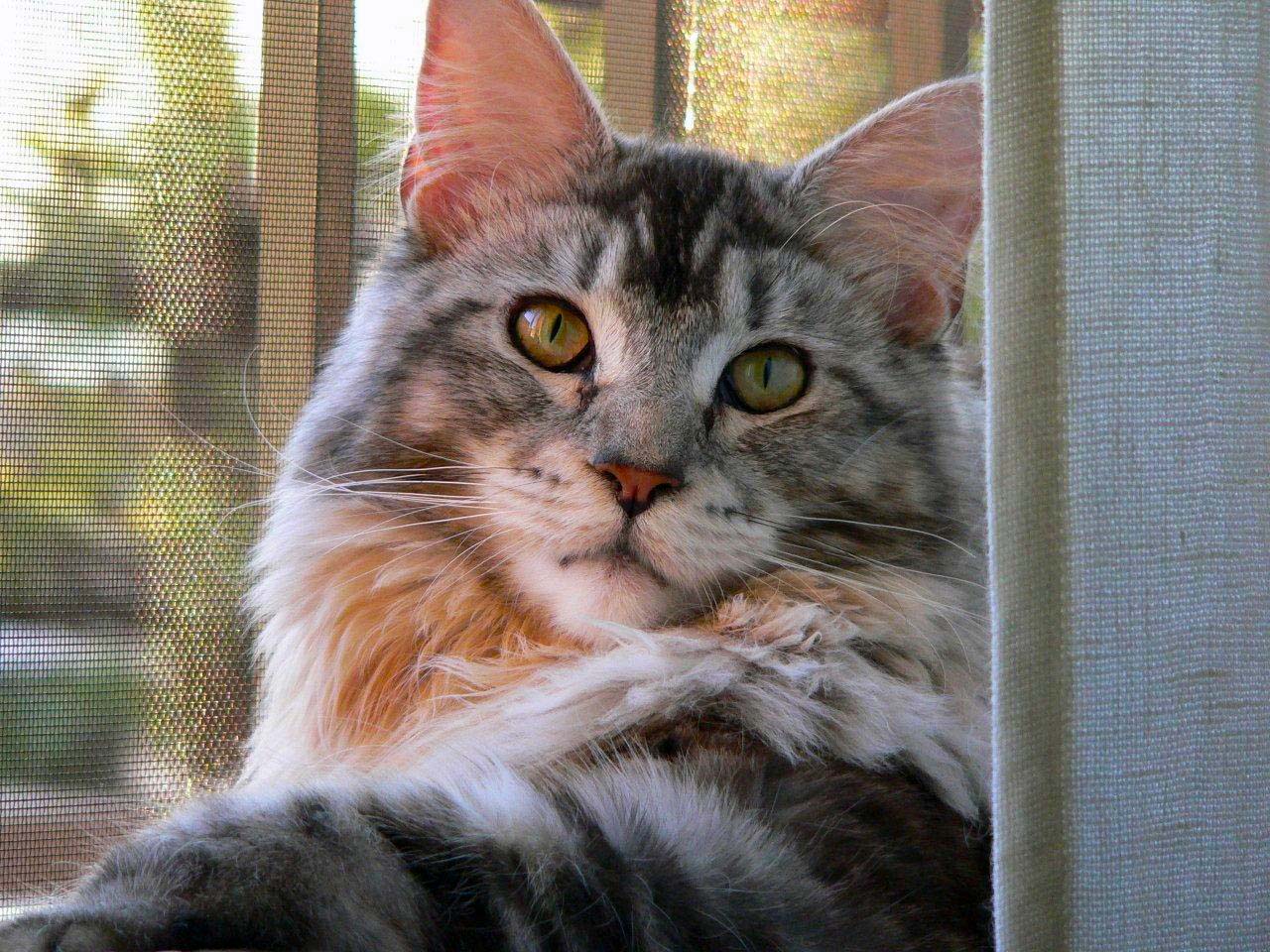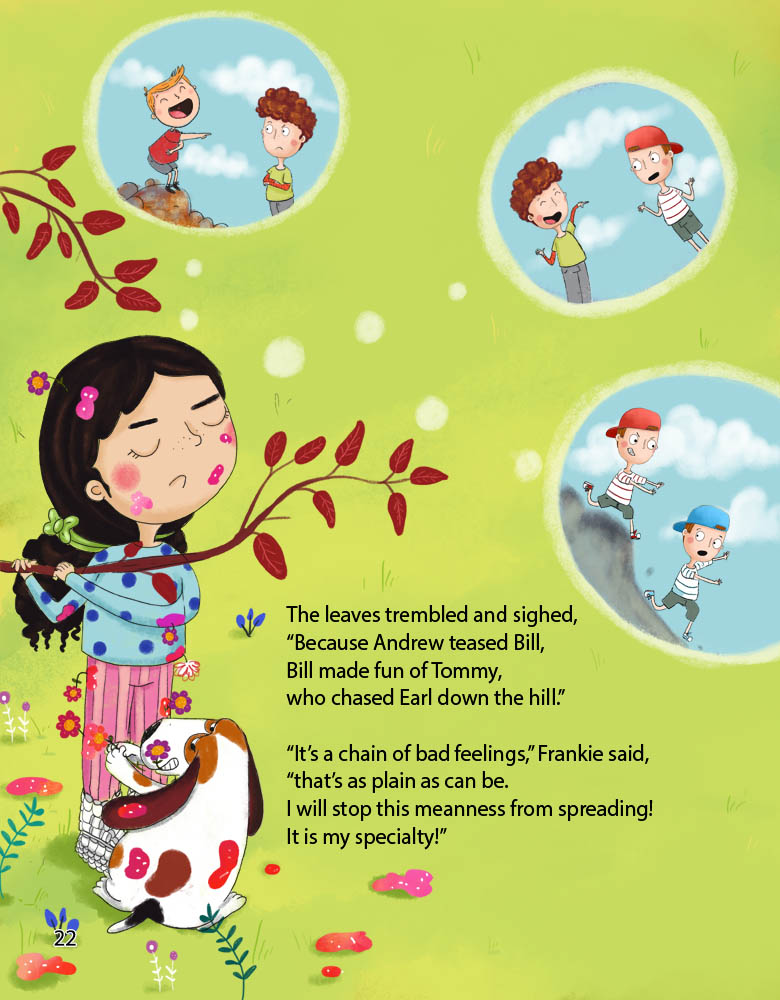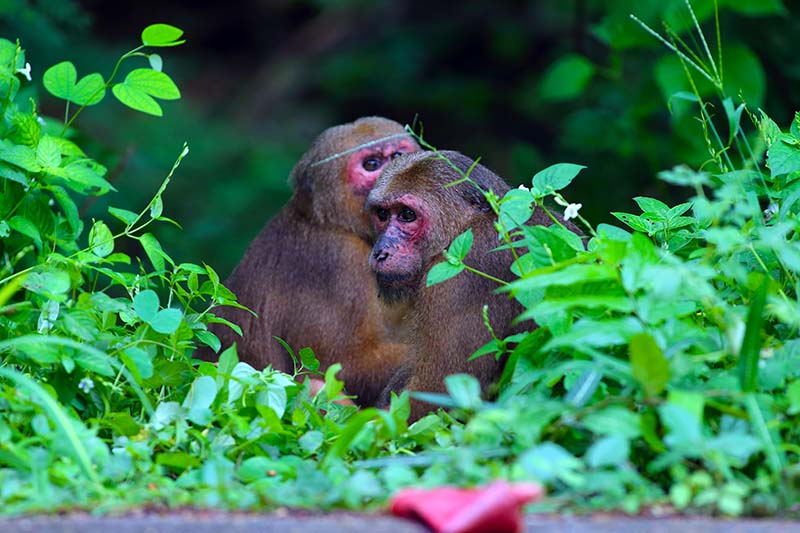1.5-minute read
The goal of life is to make your heartbeat match the beat of the universe, to match your nature with Nature — Joseph Campbell
Cities—energizing, innovative hubs of productivity as well as stress-inducing sources of noise, pollution, and congestion that often diminish nature, negatively impacting the health, well-being, and resilience of inhabitants. Instead of depleting nature, what would happen if city planners reimagined urban living in a holistic way that promotes nature and green living by design?
When the Mayor’s office of the small Costa Rican city of Curridabat realized that the vast majority of its 65,000 citizens lived with paved surfaces that discouraged the attraction of native flora and fauna, they came up with a transformative nature-based solution for sustainable urban development—the Sweet City. Curridabat’s urban planners envisioned a naturalized city as a “sentient” space that boosts biodiversity and enhances ecosystem services by granting citizenship to V.I.P.’s—very important pollinators.
The Sweet City model recognizes that humans are not separate and distinct from nature but are members of a community of living beings that contribute to the creation of healthy, resilient, biodiverse environments.
Curridabat has reframed the role of essential pollinators, including bees, butterflies, hummingbirds, and bats as prosperity agents, valuable native citizens that increase well-being and help ensure the continuity of natural systems that support fresh, nutritious food through local production. By studying conditions that help pollinators thrive, and planting trees, flowers, and community gardens that are natural attractors, the city of Curridabat is encouraging pollinating activities, increasing connectivity to nature through biological corridors essential to species conservation and improving the beauty of visual landscapes.
Naturally recovered urban space, thriving biodiversity, happy citizens—both people and pollinators. We call that a triple-win! It’s no wonder that Costa Ricans are some of the most contented humans on the planet. Apparently the pollinators are feeling pretty alright too!
You can read more about Curridabat’s sustainable development policy to increase biodiversity and protect essential urban pollinators here.
If you would like to join a network dedicated to connecting cities and nature, sign up at biophiliccities.org.
As it so happens, May is Garden for Wildlife Month, and that’s just what we’re gonna do! If you’re also feeling inspired to cultivate your own “sentient space” for pollinators, you can learn about butterfly heroes, native plants and certified habitats from the National Wildlife Federation. Sweet!




















































